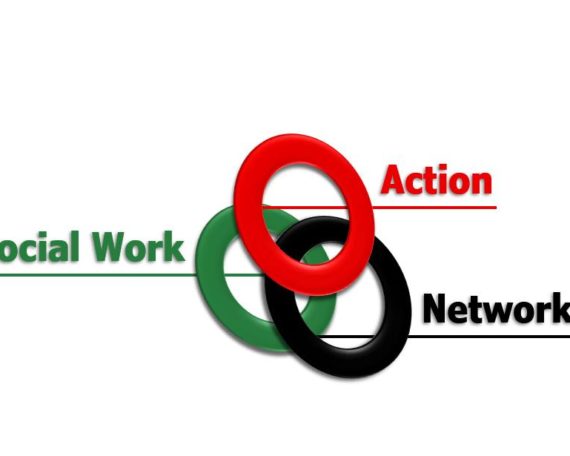Local Authorities including Solihull and Croydon have seen significant cuts in the UK Borders Agency (UKBA) grant for the costs of care and aftercare for unaccompanied asylum seeking children (UASC). This has led to a significant shortfall in council funding for existing statutory services for child asylum seekers.
 The Comprehensive Spending Review brought a 23% real terms reduction to Home Office spending over the next four years. The Home Office has confirmed that cuts to support for asylum seekers are disproportionately greater than to other Departmental areas. These cuts have been handed on to Local Authorities by the UKBA through changes in the grant structure for funding care services.
The Comprehensive Spending Review brought a 23% real terms reduction to Home Office spending over the next four years. The Home Office has confirmed that cuts to support for asylum seekers are disproportionately greater than to other Departmental areas. These cuts have been handed on to Local Authorities by the UKBA through changes in the grant structure for funding care services.
The UASC service in Solihull was subject to the largest single cut of £1.2m or 15%. A review of the service was undertaken in anticipation of this funding black hole. Proposed changes include a reduction in the level of service provided to child asylum seekers. The review accepts that the ‘revised service model will result in differential and less favourable treatment for unaccompanied children in care and care leavers compared to local citizen children’. This is an open acknowledgement that these cuts are discriminatory and racist.
The revised levels of service include the goals of moving child asylum seekers from foster care into independent accommodation at 16, reducing the staffing level of the UASC team, and replacing the social workers with support workers holding higher caseloads. Solihull Council accepts these revised levels of services will lead to a two-tier and discriminatory service for child asylum seekers.
Management have defended their proposals by suggesting that many child asylum seekers are more resilient than other locally born ‘looked after children’ and therefore require less intensive support. There is questionable evidence for this and the needs of child asylum seekers are affected by their experiences of migration.
The local UNISON Branch has raised concerns with Solihull’s Chief Executive expressing concern that resource management may ‘interfere in professional social work decision-making in regard to the assessment of need’ and seeking safeguards to prevent this. The move to a two-tier service poses significant professional challenges to social workers, IRO’s and social work managers.
In response West Midlands SWAN alongside Solihull UNISON and Birmingham based Asylum Support & Immigration Resource Team (ASIRT) organised a small but noisy protest outside the UKBA on 8th April attended by social workers, students, UNISON members and voluntary sector workers. This had three objectives – to publically expose these racist cuts; to publicise SWAN’s new series of campaigning advice leaflets ‘Practice Notes’ which provide guidance on using the new Regulations and strategies for challenging such cuts (available online: http://issuu.com/solihullunison/docs/solihul_practice_notesv8); and to grab attention in the social work press – achieved when Community Care magazine carried the story online. We aim to continue building the campaign. If this is an issue in your area we would like to hear from you, email West Midlands SWAN by clicking here.

